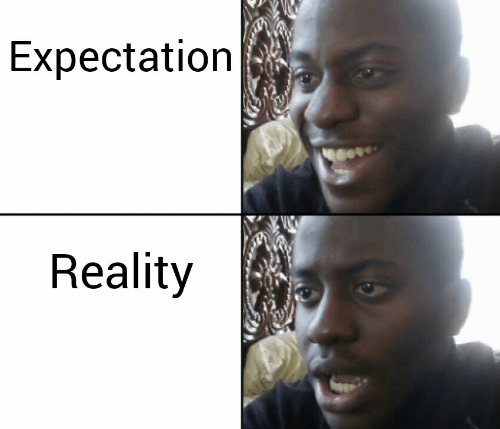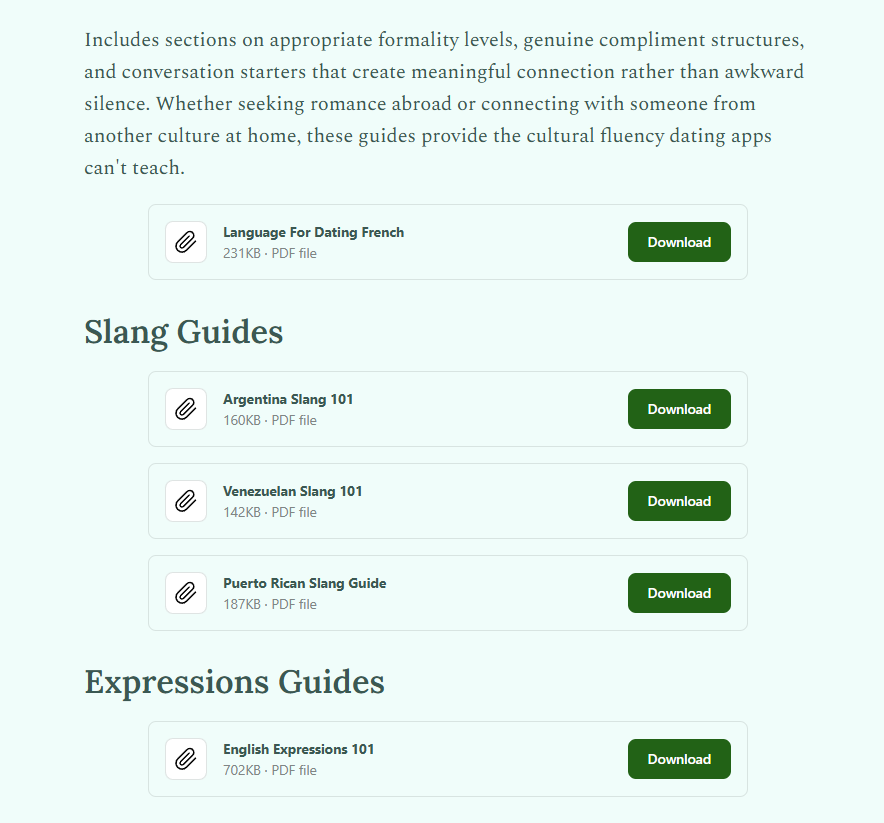Slang and professional language
The different utilities of both
Welcome, aspiring polyglot! One of the things we try to focus on in classes is learning and using language which will serve us in real life situations. This means touching on both slang and professional language. Depending on your goals, one may be more important than the other. If you expect to speak to native speakers, though, you will need both. Not only is it fun to sound smart and professional, it’s fun to blend in by using the same vernacular as the locals.
Expectations
Far too many people focus on what they deem to be practical language rather than focusing on language that is actually used. It may be great to be able to say something textbook perfectly in your target language. In fact, most of the time this is a good thing. However, there will be times when the “correct” way according to a textbook is nothing more than an ancient relic of what the language once was.
Slang invades every language. There is no way around it. Fortunately, many of the words that have slang tied to them have equivalents in other languages. If you find yourself in Latin America unware of how to say “dude” in the local dialect, you might find yourself completely lost in the middle of a conversation. The same goes in Spain. You might find yourself asking why everyone is everyone else’s uncle or aunt, but that is because that’s what the textbook says.
Going to a new place and speaking to new people will quickly cure you of the idea that theory is enough when it comes to language learning. All the theory in the world cannot prepare you for the difference between the Spanish interpretation of the verb “coger” and the Mexican interpretation. It’s the same word in the same language, yet its meaning has morphed. You have to be prepared for this in your language acquisition as a whole.
Boxing yourself in
going in unprepared can have the unfortunate consequence of leaving you boxed in to only using the words and phrases that should theoretically work. When they don’t, the spiral can happen quickly and any confidence you may have built up can and will be destroyed. The negative feedback loop associated to this can cause major problems going as far as to make you doubt your own learning methodology.
Fortunately, learning theory is rarely a waste of time as the principles merely need be adopted to fit what has become practice. All practice did, of course, evolve from theory and theory from practice. So, do not despair when you find that you are lost in the middle of a conversation even when you are certain the things you are saying are correct. Chances are a small adjustment period will render everything more clear.
Resources to help you succeed
That said, you can always target your learning to practice and theory. In fact, if I were you that is precisely what I would do. Learning the theory of how things should be will allow you to understand how things used to be. Reading classics is a staple of my classes precisely because my goal for my students is for them to blend in and even surpass the natives with whom the communicate.
Watching YouTube videos and listening to podcasts will help you learn how the language has morphed and transformed over the years. Getting the full picture is powerful. But if you want to know what can really help, it is targeted lists focusing on patterns and etymology. At first this sounds intense, but I promise it’s far less intimidating than it seems.
In fact, I wanted it to be so accessible that I made guides for it! New guides come out every month to help you enhance and accelerate your second language acquisition. If you don’t see one that is useful to you, please reach out and I’ll get to building something useful for you. Chances are, if it would help you it would help others as well. This month’s release was related to slang and Latin roots for professionals. If you want input into next months release, leave a comment!
Conclusion
There are countless resources floating around the internet and AI is certainly taking over the education space at a rapid rate. I am grateful for all of you who choose to incorporate one or many of my methods into your language study. The goal of learning a new language is usually, at its core, to communicate. Effective communication means meeting people where they are at in our world today, not where their parents or grandparents were when your textbook was written.
That said, I have witnessed the degradation of language across several countries and it is truly heartbreaking. Millions of people losing access to foundational texts upon which we built our world because they cannot or will not learn the textbook portions of the language. Both are important, though one is clearly more useful for immediate speech.
Eventually, you should work to perfect both your slang and your professional language. Doing this is difficult. So difficult that many native speakers never even try. But it is worth it; and you can do difficult things and be great. So get out and do some difficult things and become great. I am rooting for you.
Requests
If you have anything you would like covered you can reach out to me on X, Instagram, or at odin@secondlanguagestrategies.com.
Additional Resources
Don't want to spend time playing catch up? Pick up the 3 Months to Conversational book now available on Amazon! 3 Months to Conversational
For more long form content be sure to check out the website and the FREE Language Learning PDFs we have available!
Subscribe for new content on YouTube and TikTok!
Learning Spanish? We have begun aggregating resources in you Spanish Resource Newsletter!
Don't forget to pick up your very own French Language Logbook or Spanish Language Logbook






